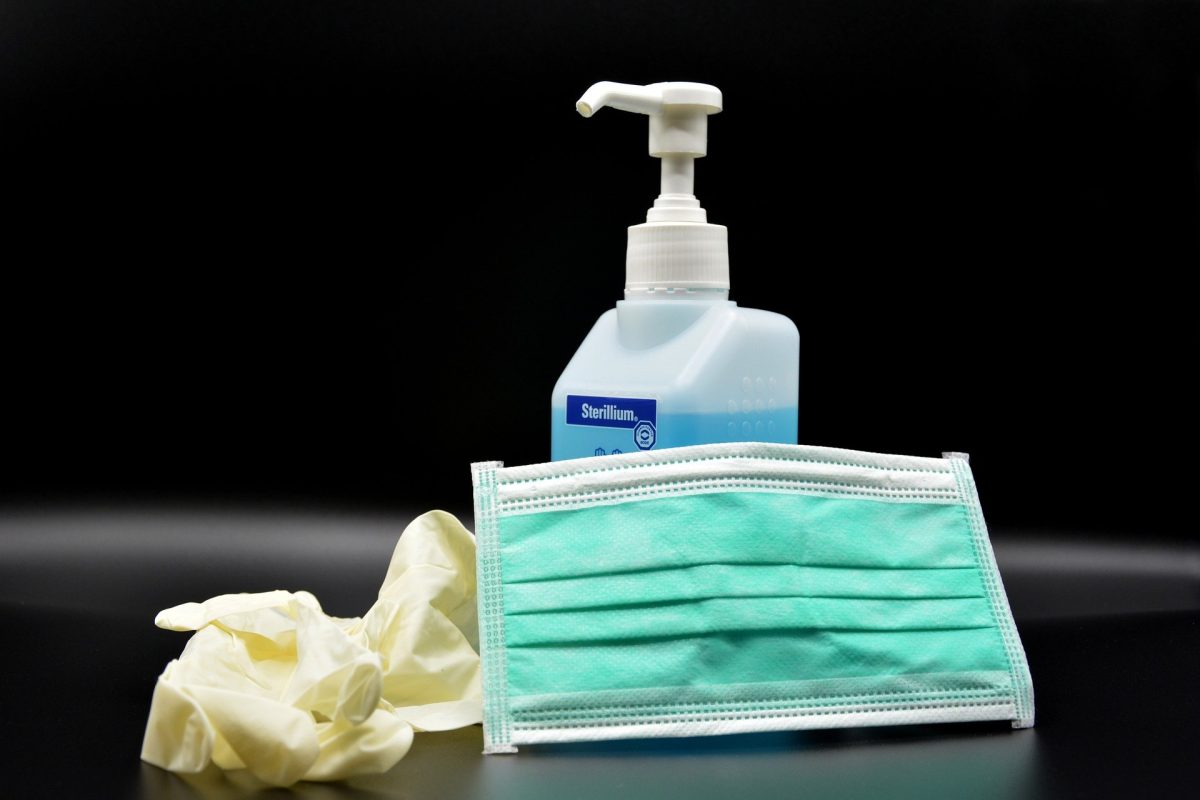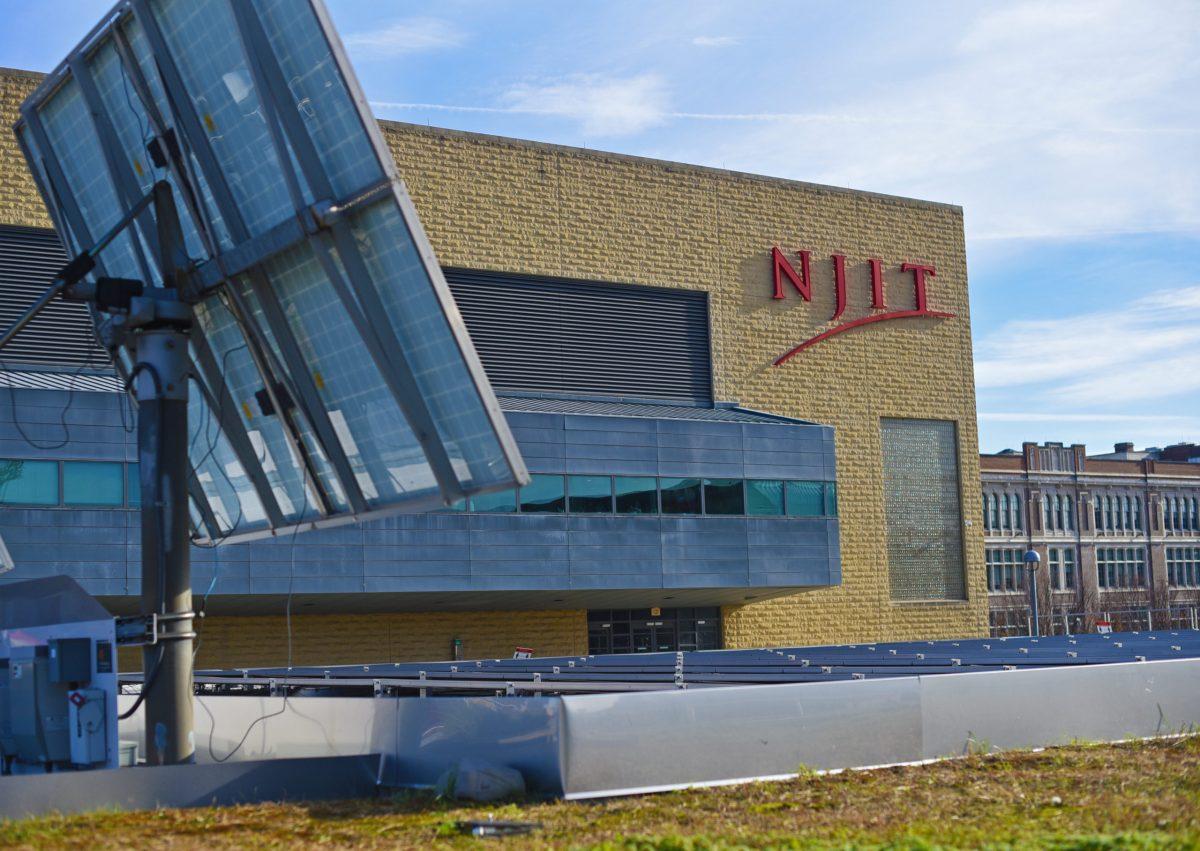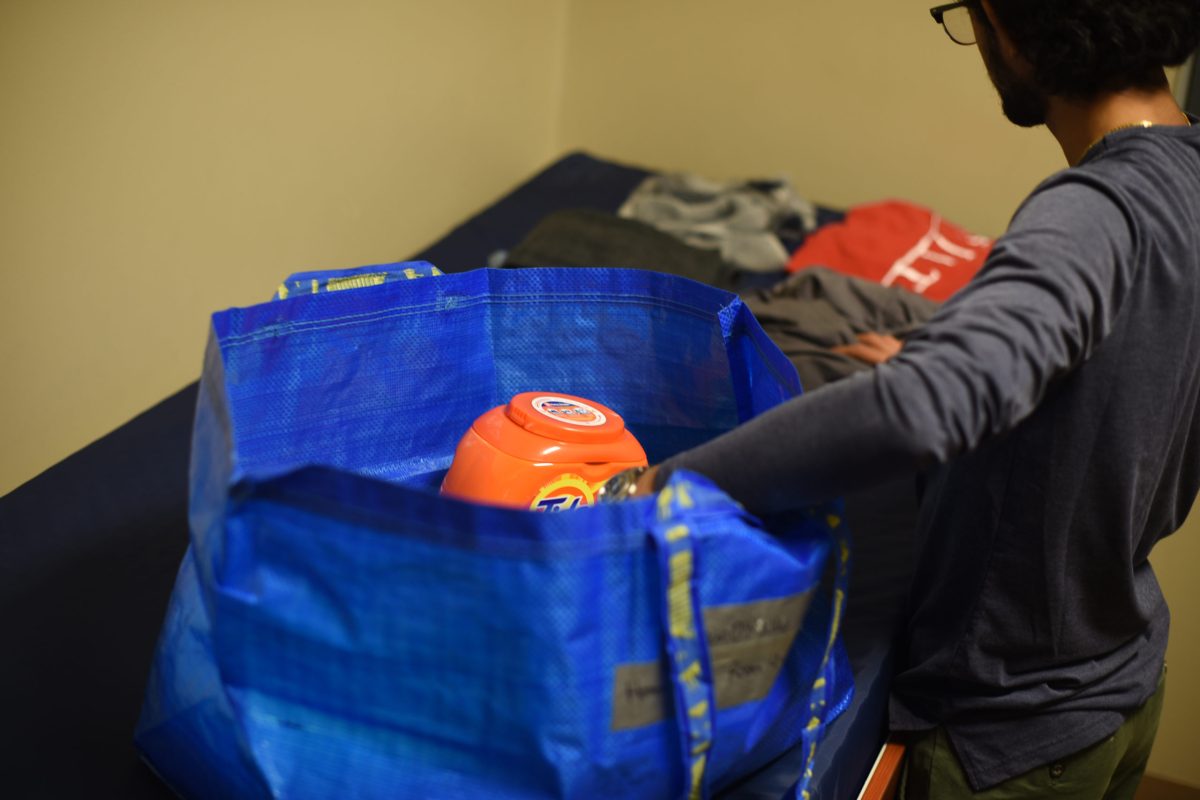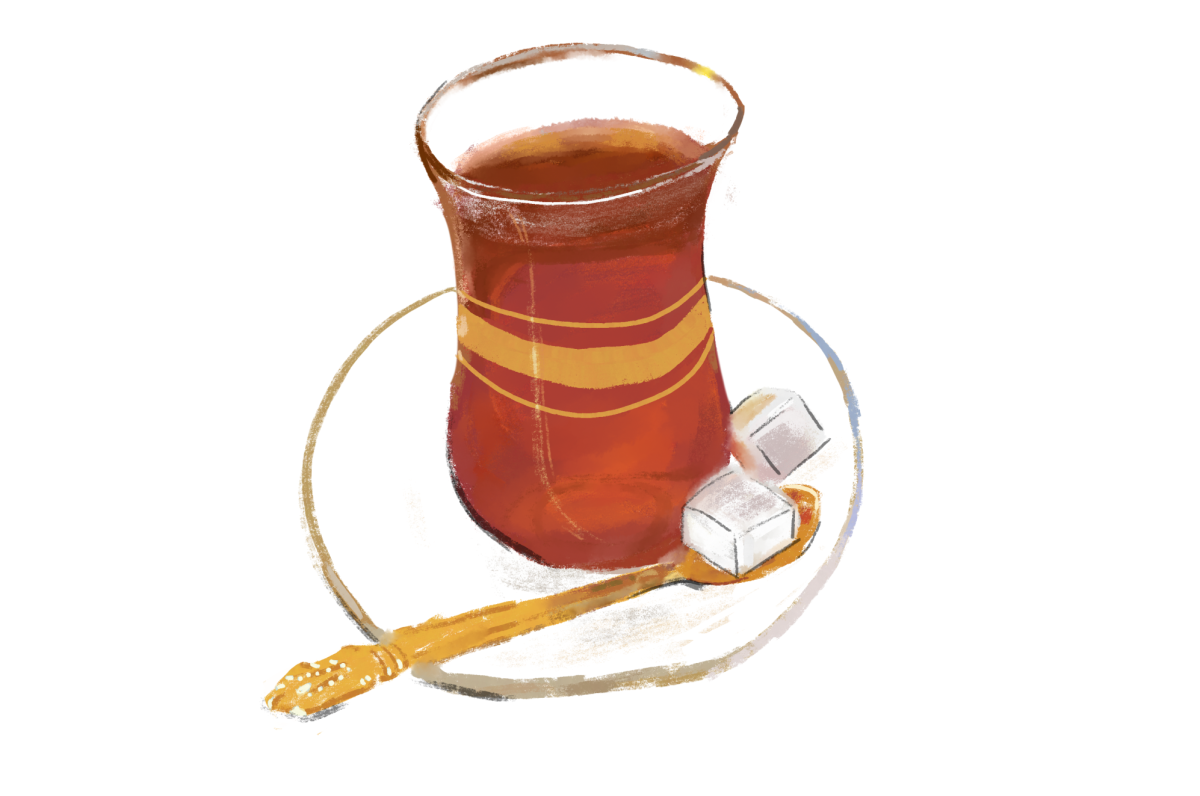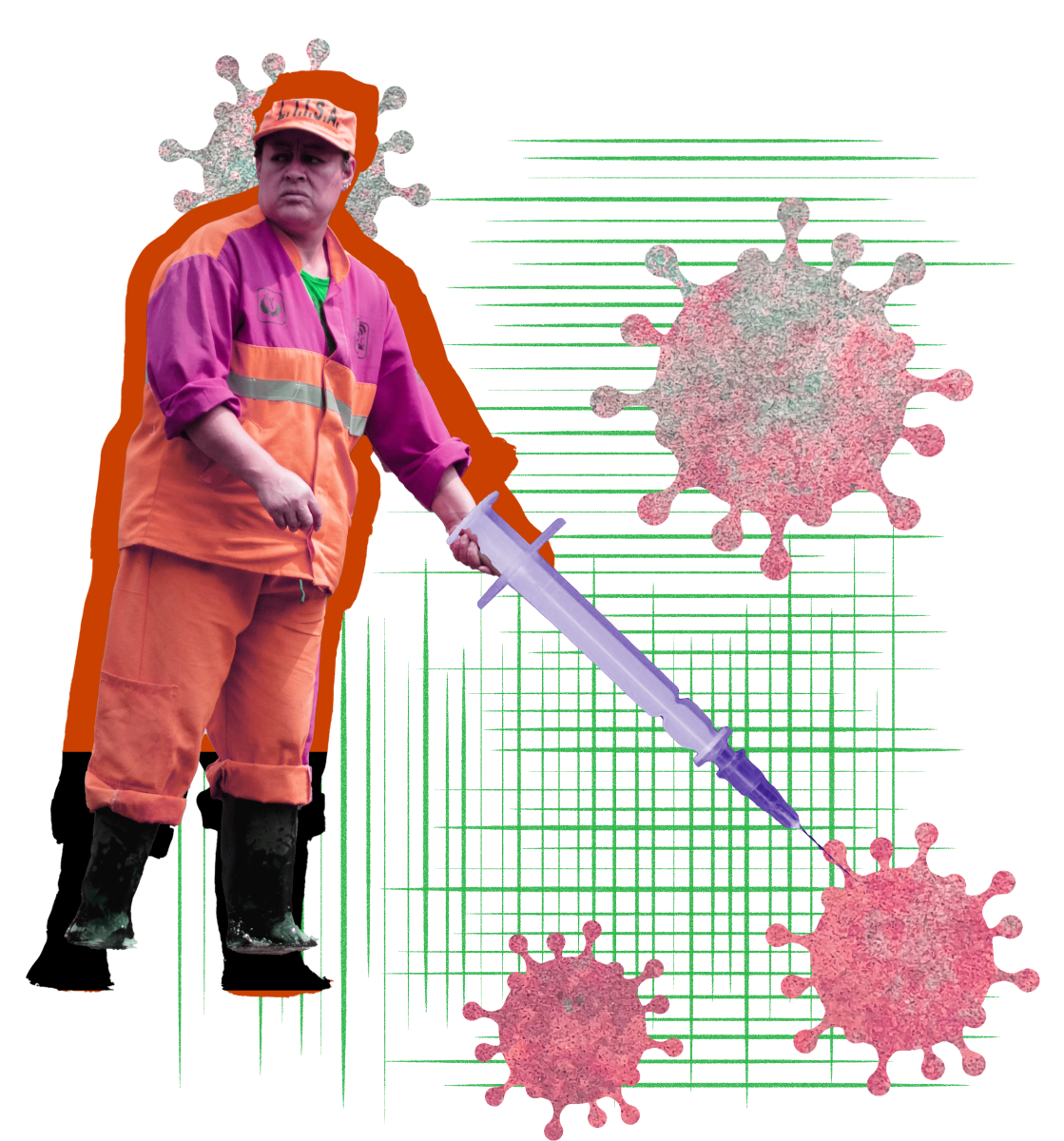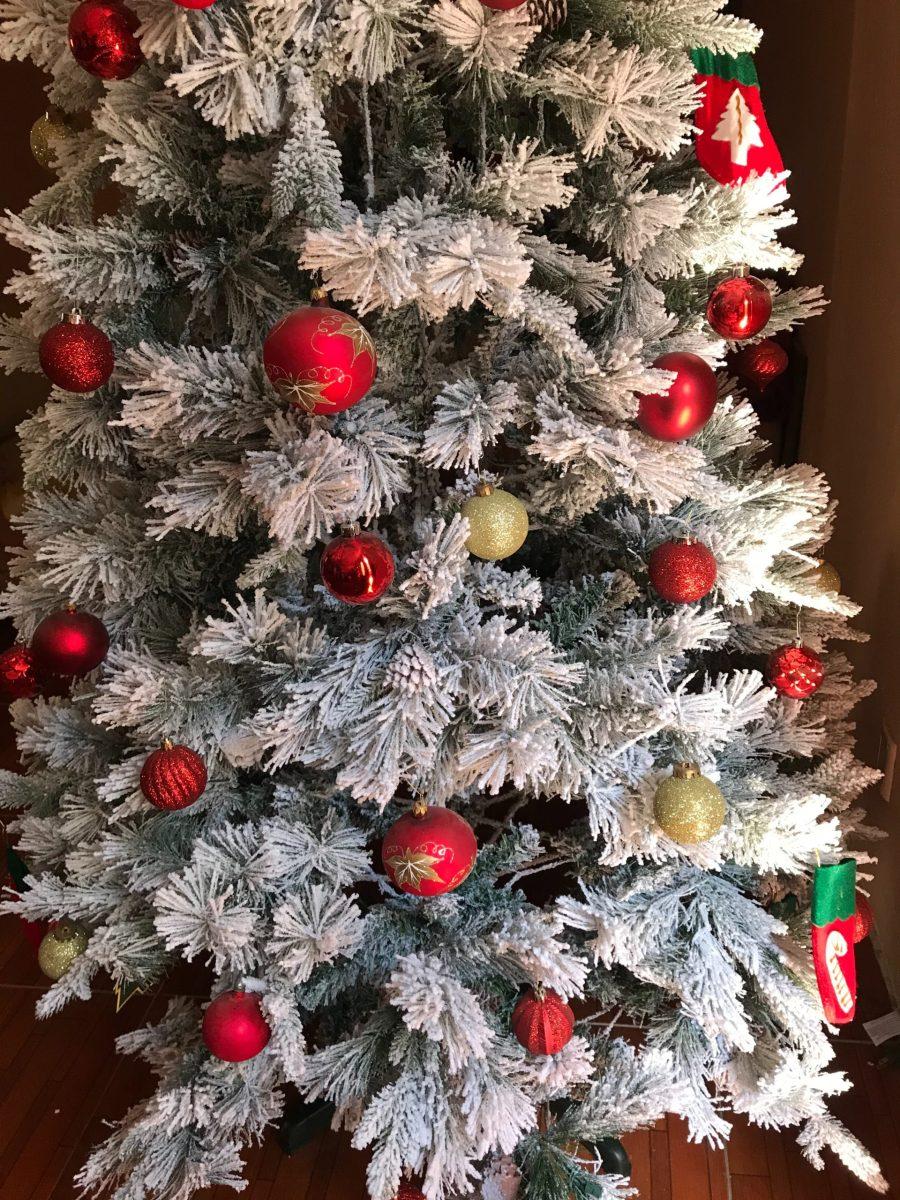On Sept. 1, NJIT students returned to campus in a way they never have before. For those returning to campus, the last time classes met in person was in early March before COVID-19 forced a shutdown of campus as well as the rest of the country.
Returning to campus safely has been a top priority for NJIT since closing, and many such efforts have been made.
Before any students returned to campus, polymerase chain reaction (PCR) COVID testing was mandated. PCR is a process in which a specific piece of genetic material from a sample, such as a swab from the nose or throat, is replicated. Since the test is for genetic material only found in the SARS-CoV-2 virus—which causes COVID-19—only that genetic material is copied and becomes visible through fluorescent markers that attach to the material.
Students are also prompted to acknowledge the NJIT Health Pledge any time they log in to NJIT’s online services, stating that the student has not tested positive for COVID-19 in 2 weeks, hasn’t been within 6 feet of anyone who has tested positive, has no symptoms of the infection, is not under quarantine and will not come onto NJIT’s campus if they get sick.
Following state mandates, face coverings are mandatory for anyone indoors on campus and anyone who is not able to keep a minimum of six feet of distance from other people. In order to help with this, NJIT has been distributing packs for students that include 2 NJIT face masks and an oral thermometer for daily temperature readings.
NJIT buildings and classrooms are only filled to 25% capacity in accordance with Phase 2 of the COVID Recovery Plan of New Jersey, and certain courses are taught in a converged setting. Converged classrooms are those in which a portion of the class is in-person with the professor while the rest of the class is online. Students are assigned days to appear in-person on the back2classroom website in order to limit how students attend class at one time. If a student opts out of appearing in person, they can do so on the website, opening up a spot for another student if they prefer to attend classes in person.
In the classroom, seats are marked red and blue so that students in one class sit in one color and students in the next class sit at desks marked with the other color, followed by a cleaning period in which all classrooms are disinfected.
Dining options on campus now utilize an app called MobileOrder in which students can opt to order and pay ahead of time to any of the dining facilities on campus. The dining hall is also closed in order to minimize disease transmission.
NJIT athletics continues to hold socially distant practices for their athletes while competitions have been postponed. The Wellness and Events Center Fitness Center has opened on Sept. 8, however students must register for times in advance on the IMLeagues website in order to keep occupancy at or below 25%.
NJIT will also continue to monitor the situation closely through randomized testing of students along with surface sampling, air sampling and waste water sampling. The same PCR testing that is utilized for COVID-19 tests on human subjects are used in application for samples of air, waste water, and surfaces at NJIT. NJIT is also conducting 400 COVID-19 tests per week, of which 320 will be students and 80 will be faculty.



























